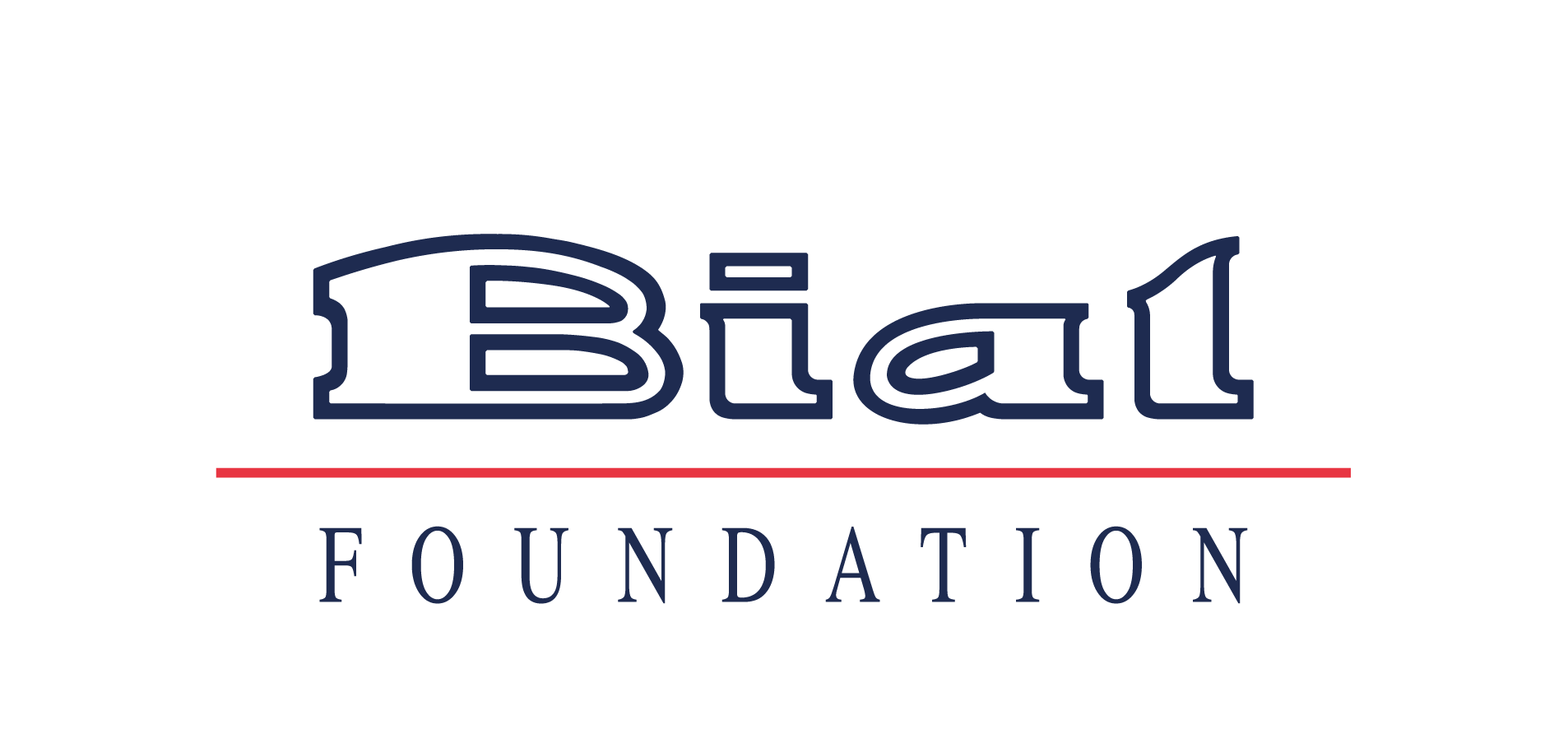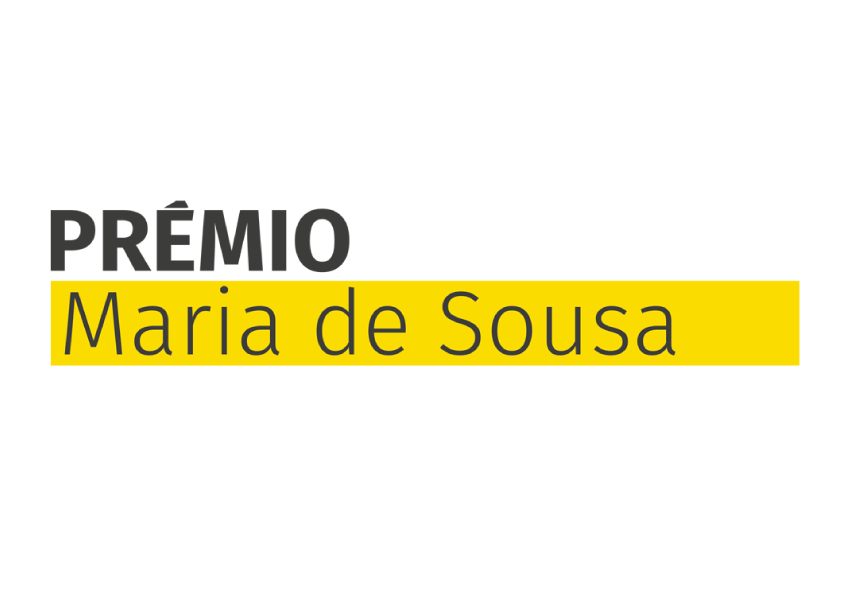News
- Science Stories
- Highlights
- Looking for collaboration
- Helpful links
- Logos
Science Stories
It is our mission being accomplished. Since 1994, the BIAL Foundation has approved for funding 946 projects, involving around 1900 researchers from 31 countries. There are three decades of support to Scientific Research Projects oriented toward the neurophysiological and mental study of the human being, in the areas of Psychophysiology and Parapsychology.
Discover the stories behind the science.
Science Stories
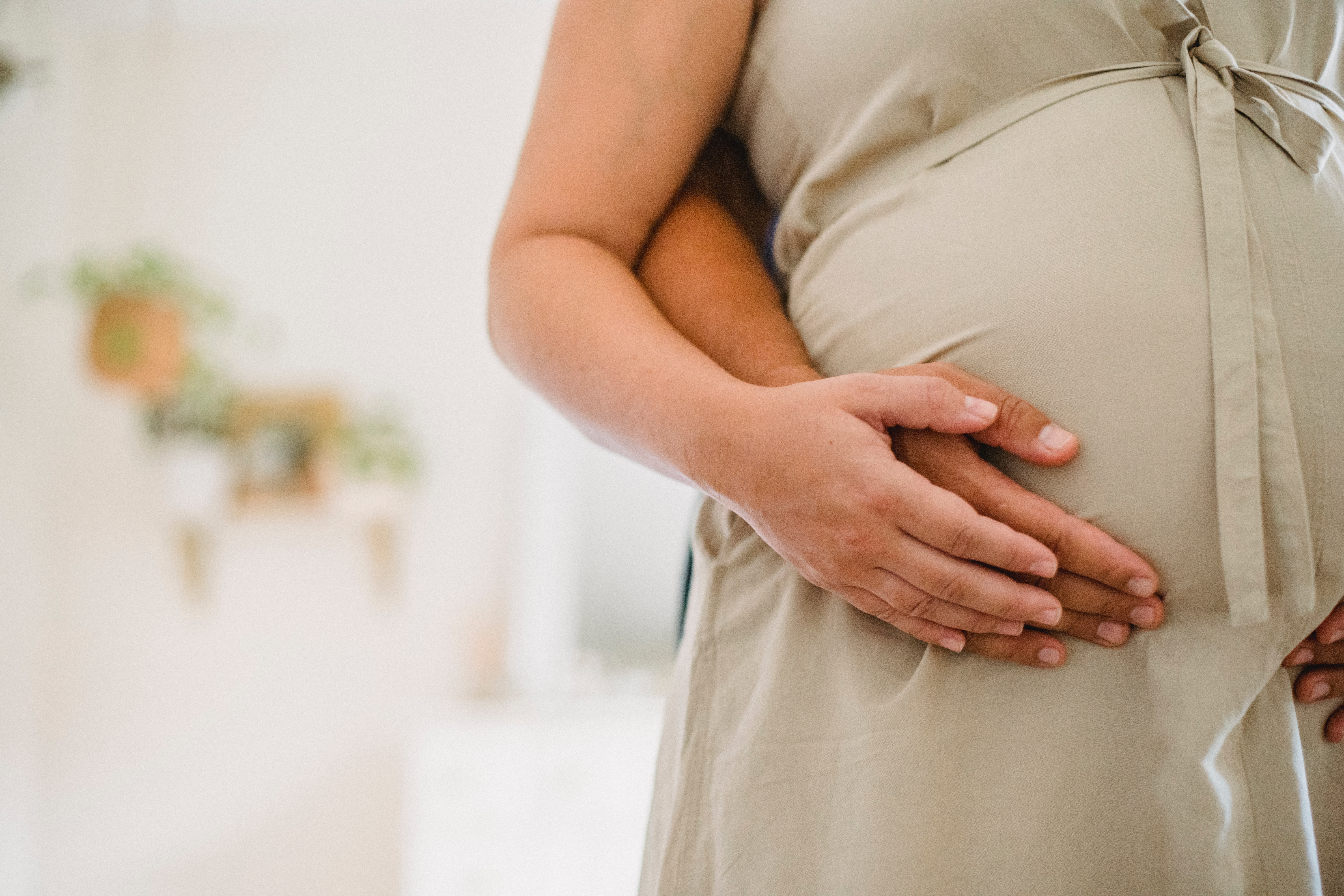
Do expectant fathers and mothers experience pregnancy differently?
A study has shown that there are neural and psychological differences between men and women during pregnancy.

Can we self-regulate our brain through training?
A study of neurofeedback reveals that the behavioural effects seem to be the same whether real or sham feedback is given.

Can highly superior autobiographic memory enhance creativity?
Constructive episodic processes relevant to creative thinking are not enhanced in individuals with highly superior autobiographical memory performance.

Do women show greater engagement for multitasking?
A study involving 167 UK participants showed that women believed to be consistently stronger on multitasking than men.

Does age change the dream recall?
Study reveals that there are no relevant differences between dream recall in young adults and in the elderly.

Academic studies on claimed past-life memories
Did you know that most studies on claimed past-life memories were carried out mainly in Asian countries?

Empathy in couples
Understanding the adaptative functioning of couples is something crucial considering the harmful consequences of situations of domestic violence.

Choosing the usual or taking a chance?
We always choose the same route back home, but one day, alerted about traffic restrictions, we decide to risk an alternative route. What drives us to make this decision?

Dream and daydream: differences and similarities
Did you know that daydreams reflect events from the previous two days and “night” dreams resemble a fictional plot?

Does your dog have social skills?
A study suggests that viewing the owner’s face works as a positive social reinforcement for dogs. Learn more about this and other surprising results about “man’s best friend”.
News
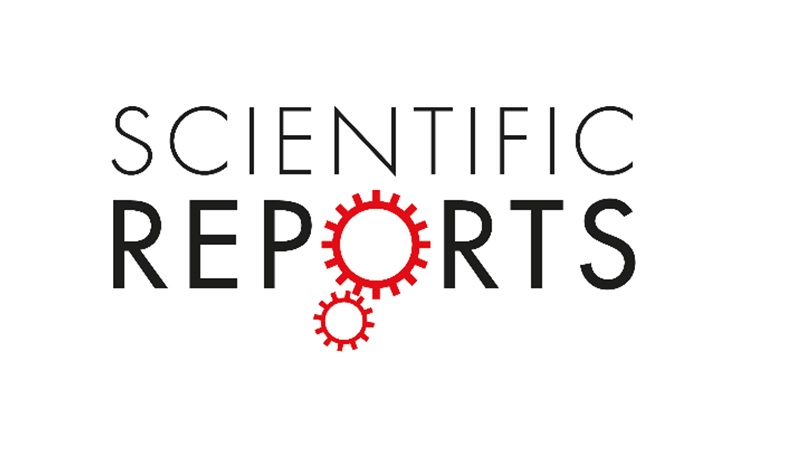
Interhemispheric asymmetry during sleep in dogs
In the scope of the research project 169/16 - The potential effect of behavioral stimulation on social competence in dogs (via endogenous oxytocin release), supported by the BIAL Foundation, the research team led by Anna Kis published the paper “Interhemispheric asymmetry during NREM sleep in the dog” in the journal Scientific Reports.

Luís Portela awarded with the Health Services Management Award
Luís Portela, Chairman of the BIAL Foundation, was awarded on October 23 with the Health Services Management Award, given by the Portuguese Medical Association's Competence in Health Services Management, as a tribute for his life as an entrepreneur.

Paper published in high impact journal Molecular Psychiatry
In the scope of the research project 427/14 - Gliogenesis control of brain neuroplasticity, neurophysiology and cognitive function, supported by the BIAL Foundation, and carried out by the principal investigador Luísa Pinto, from the School of Medicine, University of Minho, Braga, Portugal, it was published the paper Hippocampal cytogenesis abrogation impairs inter-regional communication between the hippocampus and prefrontal cortex and promotes the time-dependent manifestation of emotional and cognitive deficits in the high impact journal Molecular Psychiatry.

Analysis of individual variability in eye movements
Maurizio Corbetta and Andrea Zangrossi, team members of the research project 361/18 - When style matters: do oculomotor fingerprint and brain dynamics explain visual exploration and memory strategies?, analyze individual variability in eye movements when healthy participants view images of natural scenes.
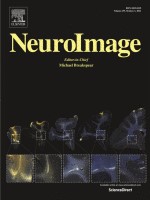
Is brain activity different when reading direct vs. indirect speech quotes?
Bo Yao, researcher at the University of Manchester, published in the journal NeuroImage the latest findings of project 284/18 - Testing a neurophysiological model of inner speech processing, supported by the BIAL Foundation, in the paper Reading direct speech quotes increases theta phase-locking: Evidence for cortical tracking of inner speech? “Growing evidence shows that theta-band (4–7 Hz) activity in the auditory cortex phase-locks to rhythms of overt speech. Does theta activity also encode the rhythmic dynamics of inner speech? Previous research established that silent reading of direct speech quotes (e.g., Mary said: “This dress is lovely!”) elicits more vivid inner speech than indirect speech quotes (e.g., Mary said that the dress was lovely).

Paper published in high impact journal
In the scope of the research project 44/16 - Inducing and measuring plasticity in response control mechanisms in the human brain, supported by the BIAL Foundation and carried out by the principal investigator Alejandra Sel, from the University of Oxford, it was published the paper Increasing and decreasing interregional brain coupling increases and decreases oscillatory activity in the human brain in the high impact journal PNAS - Proceedings of the National Academy of Sciences of the United States of America.
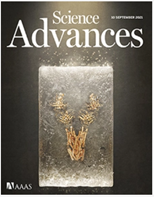
The impact of neuromodulators on exploitative and exploratory actions
Dichotomous dopaminergic and noradrenergic neural states mediate distinct aspects of exploitative behavioral states is the more recent paper stemming from the research project 413/14 - The role of dopamine in behavioral exploration and action selection led by the principal investigator Aaron Koralek and supported by the BIAL Foundation.

University of Lisbon awards Doctor Honoris Causa degree to Luís Portela
The Chairman of the BIAL Foundation, Luís Portela, was distinguished with the degree of Doctor Honoris Causa, awarded by the University of Lisbon, under a proposal from the Faculty of Medicine. The ceremony took place on September 9, in the Salão Nobre of the Rectory of the University of Lisbon, and can be watched on the University’s Youtube.

The reward value of the owner’s face for dogs
In the scope of project 169/16 - The potential effect of behavioral stimulation on social competence in dogs (via endogenous oxytocin release), supported by the BIAL Foundation, Anna Kis published the paper The implicit reward value of the owner’s face for dogs in the journal iScience.

A new method for transection and retraction of the superior sagittal sinus in rats
Luísa Lopes and Miguel Remondes, team leaders of project 135/18 - The physiological role of circadian rhythms in memory, supported by the BIAL Foundation, published in the journal eNeuro the paper Transection of the superior sagittal sinus enables bilateral access to the rodent midline brain structures.
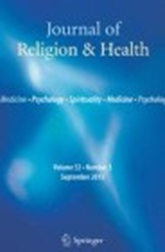
Transcendent experiences among pilgrims to Lourdes
The research team led by Paul Dieppe published the paper Transcendent Experiences Among Pilgrims to Lourdes: A Qualitative Investigation in the Journal of Religion and Health featuring some of the results of project 118/16 - The experiences of participants in religious healing rituals in Lourdes: The role of noetic meaning and identity shift, supported by the BIAL Foundation. “Millions of pilgrims visit Lourdes each year, often seeking revitalisation rather than miraculous cures. We sought to understand the phenomenon of transcendent experiences. We spoke with 67 pilgrims including assisted pilgrims, young volunteers and medical staff. About two in five reported a transcendent experience: some felt they had communicated or had close contact with a divine presence, while others reported a powerful experience of something intangible and otherworldly. Transcendent experiences are an important feature of pilgrimage to Lourdes and the place offers the faithful a means of connecting with the divine, with nature and with the self.”
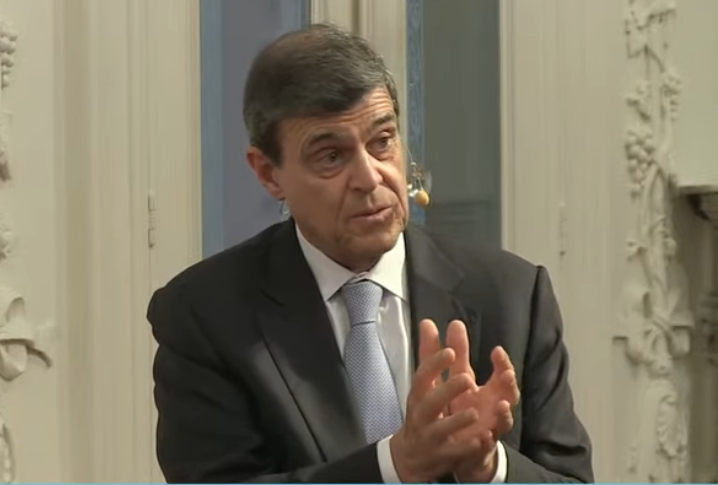
Luís Portela awarded with the Scientific Merit Medal
Luís Portela, Chairman of the BIAL Foundation, was awarded today with the Scientific Merit Medal, by the Ministry of Science, Technology and Higher Education. The Medal was presented during the event “What if? Science and Scientific Culture in the future of Europe”, which took place at the Biodiversity Gallery – Centro Ciência Viva, in Porto. In addition to Luís Portela, Artur Santos Silva and Manuel Sobrinho Simões were also awarded today the Scientific Merit Medal. The Scientific Merit Medal is intended to reward national or foreign individuals who, due to their high professional qualities, have been distinguished for their valuable and exceptional contribution to the development of science or scientific culture in Portugal.
Looking for collaboration

The quest of physiological markers for the experience of pain
Researcher: Elia Valentini - Department of Psychology & Centre for Brain Science, University of Essex Summary: The aim of this project is to improve measurement of the human experience of pain by investigating a combination of psychophysical and physiological responses during mild noxious stimulation. More specifically, we want to investigate how sensitive and specific to pain the brain oscillatory responses are. We use EEG as the main technique, but we are keen to collaborate with neuroscientists using fMRI, autonomic measures and brain stimulation as well as with computational neuroscientists. A clinical collaborator would also be very much welcome.

EEG investigation of hypnosis and decision-making
Researcher: Rinaldo Livio Perri - University Niccolò Cusano Rome, Italy Summary: I work in the field of hypnosis and cognitive neuroscience. In particular, I adopt the event-related potentials (ERPs) to investigate the effect of the hypnotic suggestions on sensory processing and cognitive performance. I am an expert in decision-making and proactive brain processes before the stimulus administration (e.g., the perceptual, prefrontal and premotor readiness during the expectancy stage). I could help colleagues to properly analyze the ERP signal in the pre-stimulus stage of processing. Also, I would be happy to share my EEG data for re-analyzing them in the frequency domain (e.g., wavelet or coherence analysis in the hypnosis research). Feel free to contact me for any question! More information on my papers: https://scholar.google.it/citations?user=-8e_V64AAAAJ&hl=it Possible collaborations: neuroscientist with experience in the EEG frequency analysis Email: perri.rinaldo@gmail.com

Transparent Psi Project - looking for collaborators
Summary: We are running a fully transparent, expert consensus-base multilab replication of Bem’s (2011) experiment 1. The project features state of the art methods to maximize transparency and study integrity. The study involves a computerized experiment taking about 20 minutes per session. Group testing is possible in a computer lab, no specialized equipment needed. Labs are expected to recruit at least 100 participants. Participants will be exposed to images with explicit erotic/sexual content in the experiment. No financial compensation is required for the participants. Data collection is expected to take place in the 2020 fall semester. Every material is provided for ethics/IRB submissions and data collection in English (translation of materials might be necessary by the collaborators). The study is pre-registered and the manuscript is accepted in principle for publication in the journal Royal Society Open Science. All collaborators who meet the minimum sample size criterion will get authorship on this paper reporting the results of the replication study. More information in the preprint: https://psyarxiv.com/uwk7y/ Indicate interest in the collaboration via the following form: https://tinyurl.com/tpp-labs With any question contact the lead investigator: Dr. Zoltan Kekecs, kekecs.zoltan@gmail.com

Cognitive control and learning
Researcher: Ignacio Obeso, Ph.D. / CINAC - HM Puerta del Sur Summary: The aim of our projects is to understand the behavioral and neural mechanisms used to learn how humans establish adaptive behaviour in changing contexts. More specifically, we want to decipher how stopping abilities are initially learned and later executed under automatic control. We use task-related fMRI, brain stimulation and clinical models to test our predictions in laboratory settings as well as online home-based paradigms. Possible collaborations: computational scientist Email contact: i.obesomartin@gmail.com https://iobesomartin.wixsite.com/cognitivecontrol
Find here some links to other Foundations, Organizations, Societies and more that you might be interested in.
- BrainFacts.org
- Cognitive Neuroscience Society
- Dana Foundation
- European Brain Council
- European Society for Cognitive and Affective Neuroscience (ESCAN)
- Federation of European Neuroscience Societies (FENS)
- Human Brain Project
- IANDS International Association for Near-Death Studies
- Institut Métapsychique International (IMI)
- Instituto de Psicologia Paranormal
- International Behavioral Neuroscience Society (IBNS)
- International Brain Research Organization
- IONS Institute of Noetic Sciences
- Kavli Foundation
- Koestler Parapsychology Unit
- Open Sciences
- Organization for Human Brain Mapping (OHBM)
- Parapsychological Association
- Psi Encyclopedia
- Rhine Research Center
- Sociedade Portuguesa de Neurociências
- Sociedade Portuguesa de Neurologia
- Society for Neuroscience
- Society for Psychical Research
- Society for Scientific Exploration (SSE)
- World Federation of Neurology



